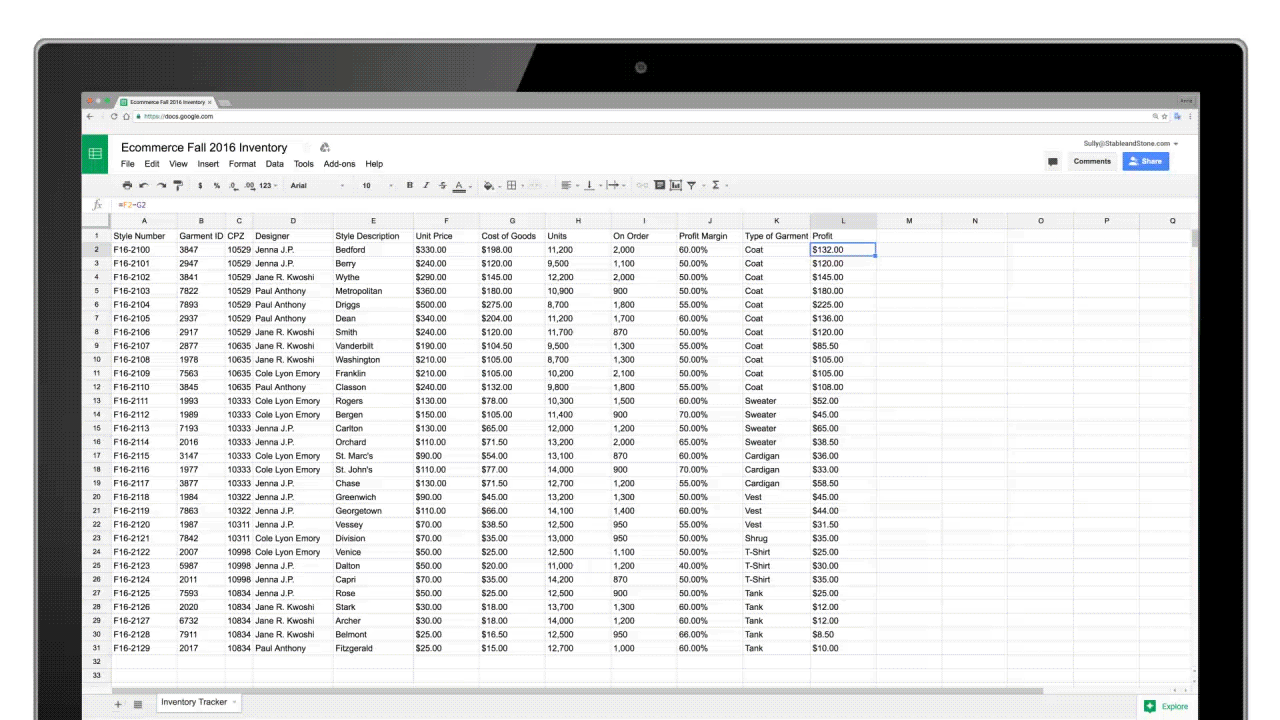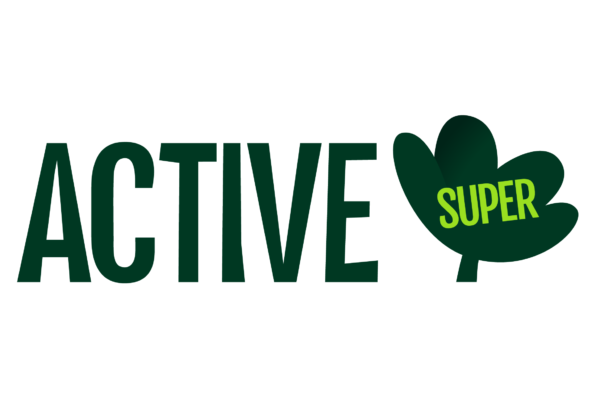Google Cloud Summit: Rise of the Machines
By now, you’ve undoubtedly seen the various news articles striking fear into the heart of workers everywhere; the robots are coming, and they’re coming for our jobs. We recently attended the Google Cloud Summit in Sydney to find out more about what the robots are up to, and whether we’re justified in worrying just yet. Here are some things we learned along the way.
The world is creating an insane amount of data – and it shows no signs of slowing.
By the year 2025, the world will be creating 163 Zettabytes of data a year. To give some perspective, that’s 151805579662323.25 Gigabytes worth of information. And the reality of such a large volume of data means that the majority will only be stored and never studied or analysed for insights due to the limited time, cost and resources associated with having humans complete these tasks.
However, the progression of machine learning and AI is set to change all that. Machines are advancing rapidly in their ability to not only process this data, but also to glean insights from them – and organisations like Google are now making those tools easily accessible to all, both small business and massive enterprise alike. The competitive landscape is changing, and fast.
And no matter your industry, you are essentially a data company in the modern ecosystem.
Whatever the nature of your business, if you’re collecting information about a customer, the condition of a product, keeping inventory or even employee timesheets, you are collecting data. The more connected we become as individuals and organisations, the more data we produce.
While many businesses use this information at face value to power their operations, there is opportunity in all data for businesses to identify trends and optimise their ways of work, which might otherwise be missed.
Encouraging a shift of perspective to view the data we collect as not only necessary to run a business, but also to improve and capitalize on opportunity, we open new corridors of potential that can streamline operations, uncover opportunities and most importantly, give businesses a vital competitive advantage.


People skills are now more relevant than ever, especially with the inevitable introduction of AI into the modern workplace.
While we joke about robots coming to take our jobs, the fear among employees is already very real. The good news is that AI and ML is unlikely to replace us entirely in the near future. Instead, ML will be better used to enhance the decision making and efficiency of workers, boosting productivity and overall output, while making more laborious tasks simpler and easier.
However, with many employees already wary of the role this technology will play in the workplace, we’re likely to see an increasing need for attentive change management strategies from industry leaders, to guide employees into the workplace of tomorrow with confidence.
I believe that companies that start putting such strategies in place to implement AI/ML and guide employee transitions early will stand to reap the greatest benefits, as once these technologies gain widespread adoption, it will be harder for companies to gain an advantage over their competitors who have already done so.
A great example of the potential of ML to improve our ways of work can be seen in products such as G Suite, which uses ML to make your mundane business tasks simple.
If you’re already using G Suite, you can capitalize on the power of machine learning to improve the efficiency of your work. Located in the bottom right corner of all G Suite windows, the Explore tab uses Machine Learning algorithms to help you find and display the information you need fast.
It can create automatic pie charts and tables, find information and statistics to support your writing and even respond to direct questions that you enter, much like the Google search engine.
Want to learn more? Click here: https://www.blog.google/products/docs/explore-docs-sheets-and-slides
An enormous thanks to Google for having us!




